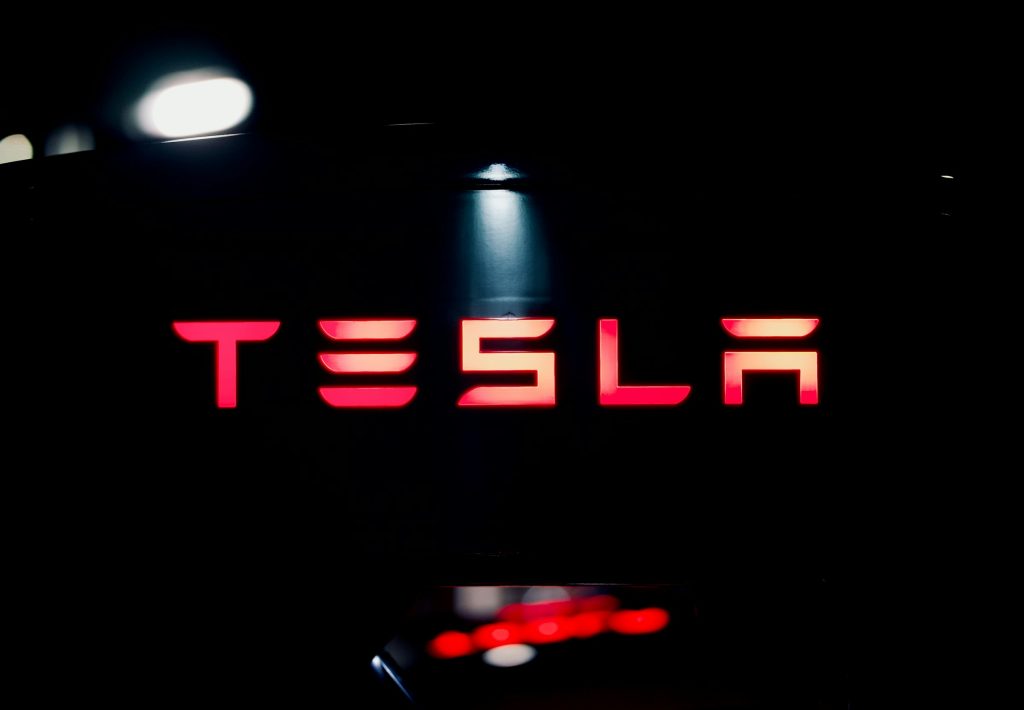Tesla CEO Elon Musk has announced a significant collaboration with South Korean technology giant Samsung, marking a transformative step forward for the electric vehicle manufacturer. The partnership will see Samsung’s chip manufacturing facility in Taylor, Texas, utilized for the production of Tesla’s next-generation AI chips, referred to as AI6. This endeavor not only highlights Tesla’s ambitious goals in artificial intelligence but also signals a competitive stride for Samsung in the semiconductor market, where it has been striving to catch up with industry leader TSMC.
Details of the Partnership
The established agreement, valued at approximately $16.5 billion, is expected to strengthen both companies’ positions in the rapidly evolving tech landscape. According to a report by Bloomberg, this deal marks a pivotal moment for Samsung’s foundry division which has faced challenges in matching its rival TSMC’s output over recent years. The announcement led to a positive surge in Samsung’s stock, which saw a 2.5% increase on the Korean stock exchange.
Musk took to X (formerly Twitter) to confirm the partnership, suggesting that the actual worth of the deal might exceed the official estimates. He remarked, “This is a game-changer for both Tesla and Samsung, as we push towards a future where AI is at the forefront of automotive technology.”
Production Innovations and Future Plans
As Tesla continues to push the envelope in automotive technology, the chips currently used in Tesla vehicles, labeled AI3, are expected to be succeeded by the AI5 chips, which Musk claims will be the most advanced processors produced by Tesla yet. During Tesla’s latest earnings call, he expressed confidence that mass production for these chips could begin by the end of next year. Musk’s anticipations align with Tesla’s ongoing pursuit of more sophisticated self-driving capabilities.
In a strategic move, the AI5 chips will be produced by TSMC, with manufacturing starting in Taiwan and subsequently transitioning to its facility in Arizona. Musk noted that the AI5 chips will employ cutting-edge 3-nanometer process technology, with preliminary reports indicating that they could achieve an astounding capability of 2,500 trillion operations per second. Such performance benchmarks underscore the significance of this technological evolution for Tesla’s vehicles, particularly their full self-driving (FSD) platforms.
As Tesla aims to enhance its autonomous driving features, the delay in hardware upgrades has posed challenges for existing models. The AI3 chips, while capable, have struggled to keep pace with the latest updates to the FSD technology, highlighting the need for more advanced processing units. Musk has emphasized the importance of the upcoming A15 chips, which will also be produced by TSMC. He mentioned, “The precision in chip design is crucial as we advance toward a fully autonomous future.”
Strategic Location and Manufacturing Efficiency
Musk’s approach to this partnership is highly hands-on, as he intends to oversee production efforts personally. He has suggested that the proximity of the Samsung facility to his Texas residence will facilitate quicker engagements and ensure that production goals are met with maximal efficiency. The strategic importance of this collaboration cannot be understated, with Musk stating, “Samsung’s willingness to allow Tesla to assist in maximizing manufacturing efficiency is a tremendous advantage for both parties.”
Furthermore, with the presence of the advanced TSMC facility in Arizona, Tesla appears to be positioning itself for a robust production pipeline that can adapt to the evolving needs of automotive technology. The quick transition from design to production could significantly impact Tesla’s ability to remain competitive in the rapidly progressing market of electric vehicles and AI-driven systems.
Impact on the Semiconductor Industry
This collaboration represents a noteworthy shift in the semiconductor industry as well, with both companies aiming to reclaim market share lost to competitors. The partnership between Tesla and Samsung could potentially disrupt the market dynamics, particularly as the demand for AI-driven technology grows across various sectors, including automotive, consumer electronics, and cloud computing.
With analysts projecting that the semiconductor market will reach a value of $1 trillion by 2030, the Tesla-Samsung partnership may well be a catalyst for new innovations and competitive strategies in the field. The ramifications of successful chip production could ripple through the automotive industry, influencing everything from the performance of electric vehicles to the safety features driven by AI.
As Tesla continues to innovate, the relationship with Samsung could lead to breakthroughs that not only elevate Tesla’s products but also set new standards in automotive technology. The coming years promise exciting developments for both Tesla and Samsung as they navigate this partnership and its implications for the future of AI and electric vehicles.

